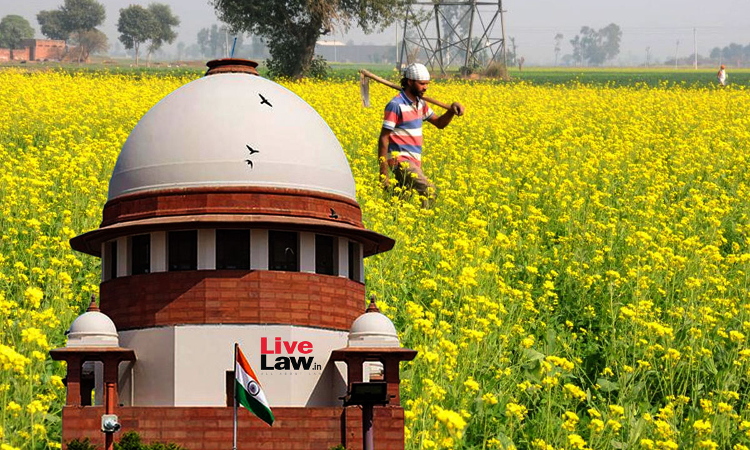- Home
- /
- Top Stories
- /
- Supreme Court Begins Hearing Pleas...
Supreme Court Begins Hearing Pleas To Ban Cultivation Of GM Mustard
Awstika Das
10 Jan 2024 3:49 PM IST
The Supreme Court on Tuesday (January 9) began hearing afresh a batch of petitions challenging the central government's decision to commercially cultivate genetically modified (GM) mustard.Multiple petitioners have challenged this move in the top court. Non-governmental organisation Gene Campaign has filed an interim application in its ongoing public interest litigation (PIL),...
Next Story



